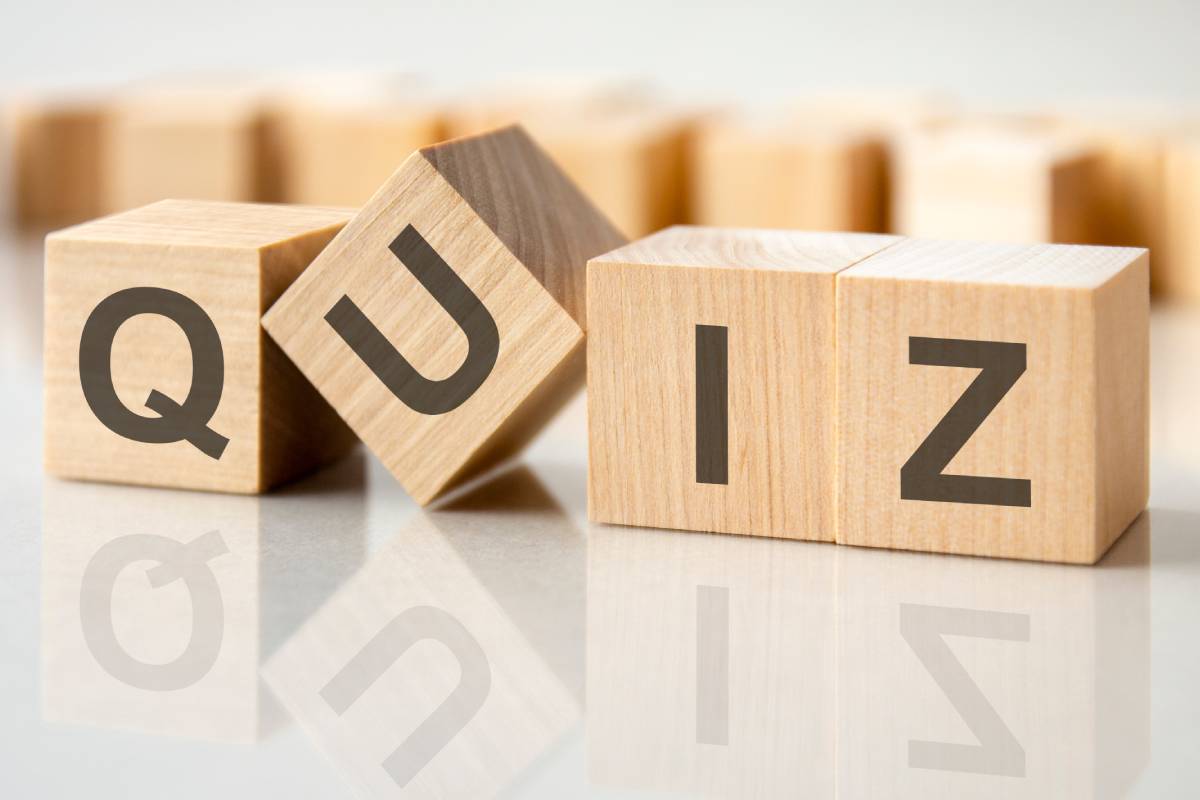Lesson planning involves many aspects of teaching and learning. One of the vital components is ensuring that pupils have an opportunity to practice retrieval to help them consolidate new information.
You may well use more formal tests at the end of units, but there should also be opportunities for pupils to demonstrate and rehearse their learning more frequently.
In this guide, we will explore some ideas to help you use quizzes more effectively in the classroom.
Why are quizzes important in the classroom?
Part of great teaching and learning is ensuring pupils achieve the learning objective. Of course, lessons should be exciting to keep pupils engaged, but fun classes are not enough. Lessons must also be effective.
Measuring how well pupils progress can be done in many ways, and quizzes are a simple and fast way to ensure pupils can retrieve and apply their learning. In doing so, they will also consolidate their knowledge and develop mastery.
Types of Quizzes
Testing pupils’ knowledge and learning is nothing new. Informal and formal testing is an ongoing process in the classroom. Quizzes and questioning form a part of that testing process and can take many forms. You can ask questions verbally, put up a PowerPoint of questions, use an online tool, or hand out a question sheet.
The subject will determine the type of quiz and what evidence you require. Questions can take many forms, including:
- Multiple choice questions
- Open questions
- Closed questions
- Fill in blanks
- Matching
- Numerical Answer
Using a variety of formats will not only keep lesson plans fresh but also provide opportunities for pupils to understand how to answer different types of questions.
Benefits of Using Quizzing in the Classroom
- Provides regular opportunities for retrieval to encourage pupils to retain knowledge and develop mastery.
- It helps to build pupil confidence in test situations by using an informal approach to normalise retrieving knowledge.
- Develops pupil resilience and how to move on from making mistakes.
- It can be used for team building and group collaboration.
- Develops concentration, speaking and listening skills.
- It helps pupils to take ownership of their learning.
- Ideal for SATs preparation.
- Encourages pupils to focus on their learning.
- Provides useful feedback for teachers to inform future lesson plans.
- Improves pupil engagement.
Additional Resources
You can make the job of setting questions easier by using a variety of online tools.
Primary Quiz is a new online tool that allows teachers to access a vast bank of quizzes in core subjects such as maths, English and science. It supports fluency, retrieval and mastery and reduces teacher workload as no printing is required.
Twinkl is a well-established source for lesson plans, including tests for all primary subjects. Plenty of free resources can be printed for pupils to use directly.
Oak Academy is another national online resource for lesson plans and curriculum ideas.



